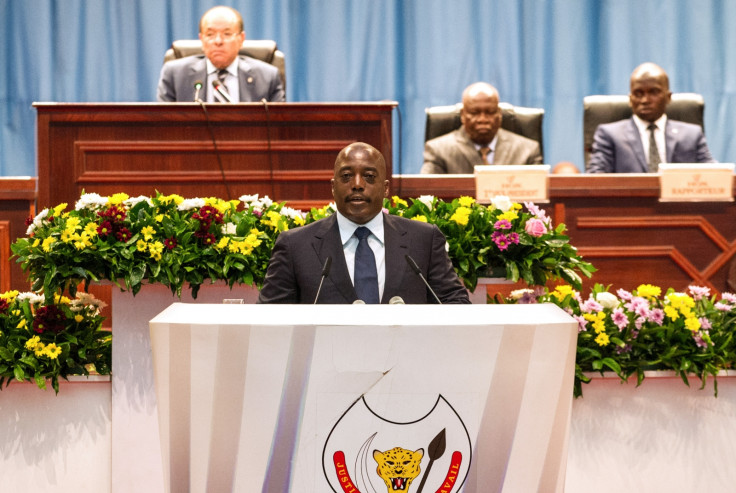DRC: Lingering fears that new political agreement could fall through
Deal was aimed at stemming the violence that followed President Kabila's refusal to relinquish the presidency.

Two days after Democratic Republic of the Congo (DRC) political leaders reached an agreement that stipulates President Joseph Kabila should leave power after the next election in 2017 and cannot stand for a third term, many have raised fears that the agreement could fall through.
Pressure had been mounting for opposition parties and the government to agree a deal aimed at stemming the violence that followed Kabila's refusal to relinquish the presidency despite the expiration of his mandate as leader of the resource-rich African nation. This followed two years of failed political dialogues and an impasse between the ruling and opposition parties.
Representatives of the fragmented opposition said they signed the agreement "under conditional approval" because of what they consider is a lack of inclusiveness.
One of the opposition parties, the Front pour le respect de la Constitution (MLC) has still not signed the agreement. Other members of the government, including newly-appointed Prime Minister Samy Badibanga, from the opposition, are yet to do so too.
The government said this agreement was a first test, ahead of discussions on a "special arrangement" which would include the blueprint to the composition of the new government, for instance, as part of the country's first democratic transfer of power.
"The same causes may produce the same effects. We need the involvement of everyone to be sure that we will no longer have completely different interpretations of concepts on which we have agreed," government's spokesman, Lambert Mendé, told reporters.
Mendé added that achieving a broader consensus would prevent future challenges. "We have to be accountable to the political family for what has been done, and a decision will be made, because in the report, we will indeed mention the lack of inclusiveness," he was quoted as saying by RFI.
The majority is due to meet on Tuesday morning (3 January).
The opposition, meanwhile, welcomed the agreement, but remained cautious as issues remain regarding the timeframe for the implementation of the agreement. This comes after the majority said that the government resulting from the agreement should only be inaugurated after three months. The opposition, which currently holds the primacy, refused.
"While this is certainly progress, there continues to be concern that Mr Kabila will continue to undermine the national election in an effort to stay in power indefinitely," DCI Group spokesman Craig Stevens, who represents exiled opposition leader Moise Katumbi, said.
Rick Gittleman, the president and executive director of United for Africa's Democratic Future, Katumbi's organisation, said charges against Katumbi, because of which he has been unable to return to DRC, need to be dropped.
"The goal of (inclusiveness) will not be met and the Congolese people will be denied democracy by other means." Gittleman said.
For Abbé Nsholé, Secretary General of the DRC's powerful Catholic church (CENCO), which is hosting the negotiations, the fact that the MLC has not signed the agreement does not call into question its inclusiveness. "The problem posed by the MLC does not actually concern the agreement. This is a problem that can be solved," Nsholé said, adding the political parties' statements were "a distraction".
© Copyright IBTimes 2025. All rights reserved.





















